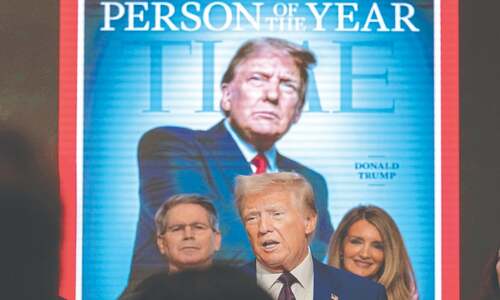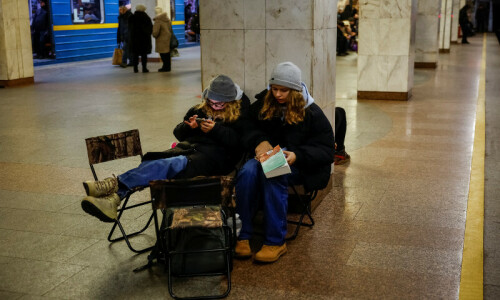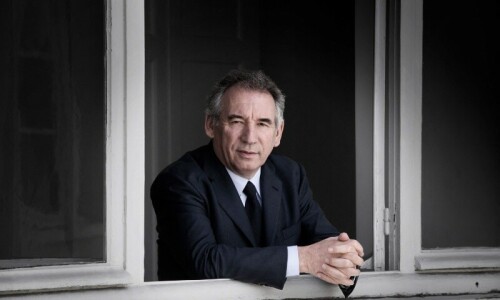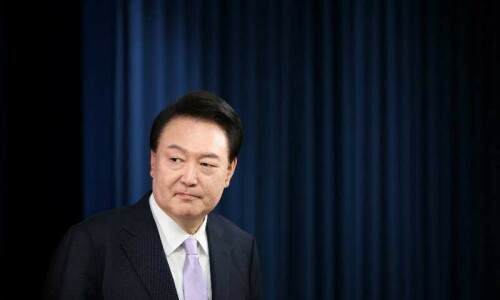BEIRUT: An Arab plan to end Lebanon’s constitutional crisis can only succeed if it wins the support of Lebanese factions likely to wrangle over every detail except the choice of army chief Michel Suleiman as next head of state.
Even though Suleiman has not been elected, Arab governments remarkably endorsed him for president on Sunday and advocated a national unity cabinet in which he would hold the balance between the anti-Syrian majority and Hezbollah-led opposition.
Arab League Secretary-General Amr Moussa is due in Beirut this week to try to push the deal through a Lebanese political meat-grinder that has shredded earlier Arab and French efforts.
Regional antagonists Syria and Saudi Arabia, which support rival Lebanese parties, both said they backed the plan agreed in Cairo, but politicians and analysts said this was only a start.
“I’m not holding my breath,” said Oussama Safa, director of the Lebanese Center for Policy Studies, citing previous broken promises. “The problems are much more complicated than the Syrians just saying ‘ok, we let the Arab declaration pass’.”
Syria did not want to be seen to be putting spokes in the wheels ahead of an Arab summit in Damascus in March, but would not push its allies in Lebanon towards compromise, he argued.
Hezbollah, the armed Shia political party backed by Iran as well as Syria, has reacted cautiously to the Arab plan and has not dropped its demand for opposition veto power in cabinet.
“I don’t think the opposition can backtrack on that,” said Amal Saad-Ghorayeb, visiting scholar at Beirut’s Carnegie Middle East Center, noting that Hezbollah chief Sayyed Hassan Nasrallah had said the veto was vital to thwart US designs on Lebanon.
STRATEGIC CONTEST
“We’re not really talking about numbers for a political sharing, but about strategic issues that have become even more important for Hezbollah, Syria and Iran,” she said.
“It’s a question of Lebanon’s political orientation, its identity, and of Hezbollah’s weapons above all else.”
Lebanon’s fate often seems linked to a wider conflict that pits Syria and Iran against Washington and its Arab allies. Each side accuses the other of blocking a deal among the Lebanese.
Saad-Ghorayeb said Syria had limited leverage over Hezbollah and none over Christian opposition leader Michel Aoun. It would not risk an opposition split by pushing hard for the Arab plan.
Aoun, a former army chief who once fought Syrian troops in Lebanon, is now allied with Hezbollah and Amal, a pro-Syrian Shia party whose leader Nabih Berri is parliament speaker.
Aoun says he still opposes Syrian influence in Lebanon, but shares the determination of his Shia partners to prevent the US-and-Saudi-backed Sunni, Druze and Christian bloc led by wealthy businessman Saad al-Hariri from monopolising power.
Berri has called an assembly session for Saturday for its 12th attempt to elect a president, but another postponement is inevitable unless a surprise political deal emerges beforehand.
Lebanon’s political stalemate has lasted more than a year.
The presidency barely functioned even before pro-Syrian Emile Lahoud left office on Nov 23.
The government limps on although its foes say it is illegitimate. Parliament has not met.“This crisis has had devastating consequences on Lebanon,” said Ghassan Moukheiber, a moderate member of Aoun’s group in parliament.
“We must have a president and a cabinet quickly. The country cannot continue at a standstill.”He said the Arab plan was balanced and took account of the concerns of the both sides, but was far from a done deal.
“It’s a potential breakthrough because it seems to have taken care of the regional elements affecting or hindering the presidential election,” Moukheiber said. “But it still needs to be ironed out by local actors, particularly Aoun, who would not be subject to direct influence from Syria or Iran.”
Ghassan Tueni, publisher of the an-Nahar newspaper and an MP in the anti-Syrian majority, also voiced optimism that the Arab plan would eventually work because it had regional support, with Iran and Qatar encouraging the Syrians to accept it.
“But there are some difficulties,” he cautioned. “Hezbollah was not party to the agreement and they are reluctant to admit that Syria can commit them to it, so they are trying to restate their exigencies, which I don’t think will be acceptable.” —Reuters














































Dear visitor, the comments section is undergoing an overhaul and will return soon.